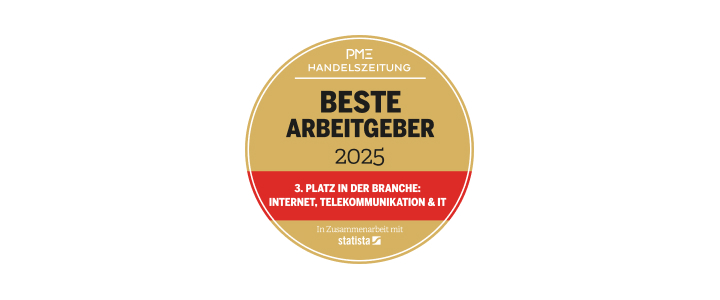Countering uncertainties with domestic software development
Onshoring // No digitalization without foreign suppliers: From skilled workers, to hardware such as mobile phone antennas, to end devices, Switzerland is dependent on other countries. In view of the current political and economic situation, Switzerland would do well not to outsource digitalization projects and software development to foreign countries but to work with Swiss partners.
The pandemic and the war in Ukraine have exposed Europe’s economic dependence, including on authoritarian states. For the average citizen, this dependence first became apparent at the beginning of the pandemic, when face masks became scarce, and even today there are long waiting periods for electronic hardware or bicycle frames and components. The current crisis has led to a rethink in politics. Europe is currently in the process of reducing its dependence on Russian oil and gas. And this is where the difficulty becomes apparent: Either we shift our dependence from Russia towards the Gulf – and again deal with authoritarian states – or we invest further in renewable energies. Even then, we are dependent on China, as 70 percent of PV modules are produced there.
From the factory of the world, China has undeniably risen in recent years to become a country of cutting-edge technology and high-end products, expanding its influence in the world. Be it 5G technology, mobile phones or batteries for electric cars: Many important components for the economic development of the West come from China. However, it should be noted that the above-mentioned dependence also holds true in reverse, as demonstrated by the case of semiconductors: The US has tightened trade sanctions against China and blacklisted the largest Chinese chipmaker – contributing to the bottleneck in semiconductors that is also severely weakening China.
Reindustrialization and digitalization
Even before his election in 2016, Donald Trump talked about bringing production that had been outsourced to Mexico or Asia back to American soil. In fact, the USA is serious about this, because his Democratic successor also wants to strengthen the USA as a production location. Huge sums are currently being invested in the construction of semiconductor production facilities in order to reduce the USA’s dependence on the Far East. For with increasing automation and the elimination of expensive human labor in the production process, the reindustrialization of the West – at least in part – seems possible again. With political will and subsidies to reduce the West’s dependence on other countries, Europe as a production location could experience a growth spurt in the coming years.
It is self-evident that economic interdependence does not stop at products and is also reflected in the value chain in the service and development sector – including software development. A large number of SMEs and companies employ offshore teams in software development in countries in Central and Eastern Europe such as Poland, the Czech Republic, and Serbia, as well as in Asian countries. The case of Belarus shows how risky the outsourcing of IT services to another country can be. For instance, the already existing sanctions against Russia’s closest European ally were tightened in March 2022, and no one can predict how safe Belarus will be as an external IT service provider for Swiss companies in the future. If external IT service locations have to be discontinued, not only is there the short-term risk of failing to maintain existing services, but also the long-term loss of expertise. After all, much of the detailed knowledge about business processes today lies in IT.
For ti&m, the current development shows that our values and our strategy are sustainable and accurate. Since its foundation, ti&m has been innovating and developing new solutions exclusively in Switzerland, in close cooperation with and on site for our customers. As a digital sparring partner for various projects, we offer our customers an onshore end-to-end responsibility, from consulting, to agile software development, to hosting in Swiss data centers, and in line with our motto “Swiss coding is what we do best”, ti&m will remain true to its Swissness and Switzerland as a location.







